
What Clearing the Table Says About You

In the rhythm of daily life, it’s often the smallest gestures that reveal the deepest truths about who we are. Take, for example, something as simple as helping a waiter clear the table after a meal. At first glance, it might seem like no big deal—just a kind thing to do. Yet, according to psychology, even that small action can reveal a great deal about your empathy, values, and emotional awareness, reflecting aspects of your character that often go unnoticed in larger, more visible contexts.
A Quiet Sign of Empathy
When someone steps in to help a waiter—even just handing over plates or stacking them neatly—they’re doing more than simply being polite. They are acknowledging the person behind the uniform, showing a subtle yet powerful form of empathy and social awareness. This act says, “I recognize your effort, and I respect the work you do.”
In doing so, this small gesture momentarily dissolves the usual roles of “customer” and “server,” replacing them with something more human: a shared moment of mutual respect. It is a fleeting interaction, yet it conveys awareness of the humanity in others—a quality often overlooked in the pace of modern life.
Personality Traits That Shine Through
According to the Big Five personality model, particularly the trait of agreeableness, this type of behavior often comes from people who are naturally cooperative, kind, and considerate. These are the individuals who help not because they seek recognition or applause, but because it feels fundamentally right to do so.
They are the ones who pick up litter without thinking twice, offer a seat to someone in need, or hold doors open even when pressed for time. Acts like these are less about obligation and more about an ingrained sense of decency, reflecting personality traits that prioritize others’ well-being alongside their own.
A Glimpse into Upbringing and Core Beliefs
For many people, helping in small ways is simply a reflection of how they were raised. If humility, kindness, and equality were core values in one’s upbringing, acts such as clearing a table are not gestures of performance—they are natural expressions of one’s worldview.
Such actions reveal a quiet philosophy: no one is inherently “above” anyone else, regardless of job title or social role. This mindset often shapes daily behavior in ways that may seem small but cumulatively reflect a life lived with intention and respect for others.
Motivation Matters: Why We Help
Of course, not all help arises from the same place. Some people lend a hand out of genuine care and compassion, while others may do so to appear thoughtful or to gain social approval. While the result—the helping hand—is the same, the inner motivation gives a different story.
Research in positive psychology emphasizes that kindness stemming from sincere, selfless intentions provides deeper and more lasting emotional satisfaction. Helping others simply for the sake of helping not only benefits the recipient but also nurtures the helper, reinforcing a cycle of fulfillment and connection.
Challenging Social Norms with Kindness
It’s worth noting that most people don’t expect customers to assist in restaurants; it is not part of the “social script.” Yet those who quietly deviate from this script are often demonstrating emotional maturity and a balanced sense of self-regulation.
They are not acting out of rebellion; they are guided by a principle: kindness should not be constrained by roles, uniforms, or social expectations. In this sense, a simple act of clearing a table can challenge unspoken norms and quietly affirm the value of shared humanity.
Gratitude, Resilience, and Life Experience
Sometimes, this small gesture of helping comes from personal experience. Perhaps the person has worked in the service industry, endured hardship, or knows what it feels like to be unseen. For these individuals, helping transcends politeness—it becomes an expression of gratitude, a conscious effort to “pay forward” the respect they once wished to receive.
Such acts reveal resilience and awareness, reminding us that life experiences often cultivate empathy and shape how people interact with others in meaningful ways.
More Than a Gesture
Ultimately, helping clear a table is never just about dishes. It is a glimpse into someone’s heart. While no single action can fully define a person, moments like these speak volumes about character, values, and perspective. They are quiet indicators of someone’s approach to life, social awareness, and willingness to nurture connection.
The Lasting Power of Small Acts
In a world that often moves too fast, prioritizing convenience over connection, simple acts of kindness—like helping a waiter—serve as reminders of what truly matters. They demonstrate that empathy is never wasted and that even the smallest gestures can resonate far beyond their immediate context, leaving a lasting impact on both giver and recipient.
Because in the end, kindness—no matter how small—is never insignificant. It shapes our interactions, fosters respect, and reinforces the human truth that the smallest acts can carry the greatest meaning.
News in the same category


Why wood—not diamonds—is the universe’s rarest treasure

A Nearby Earth-Sized World Raising New Hopes for Habitability

How Finnish Forest Kindergartens Let Kids Thrive in Any Weather

Taiwan Researchers Develop Promising Hair-Regrowth Serum With Dramatic Lab Result
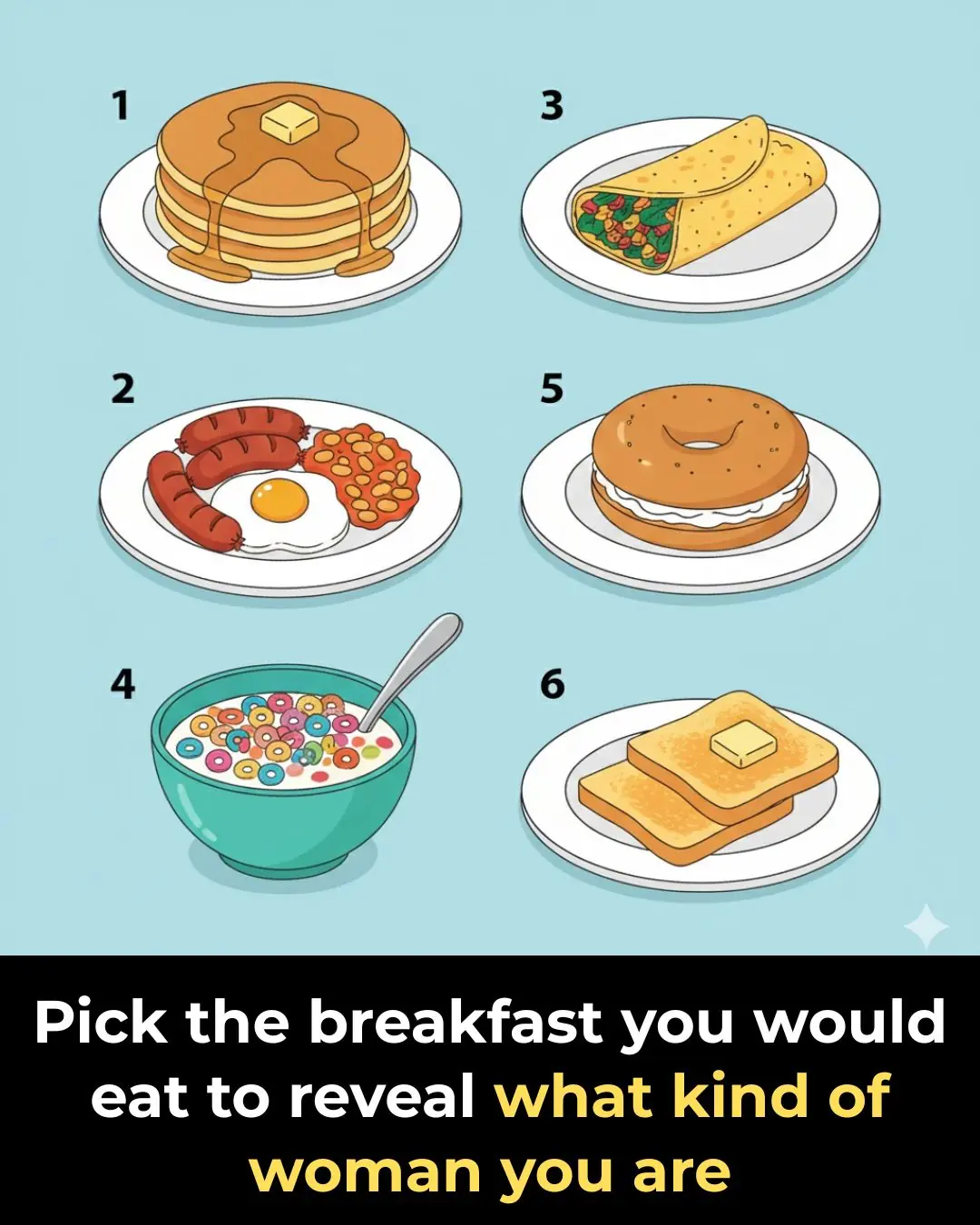
Pick the Breakfast You’d Eat

Why Some Children Don’t Visit Their Parents Often
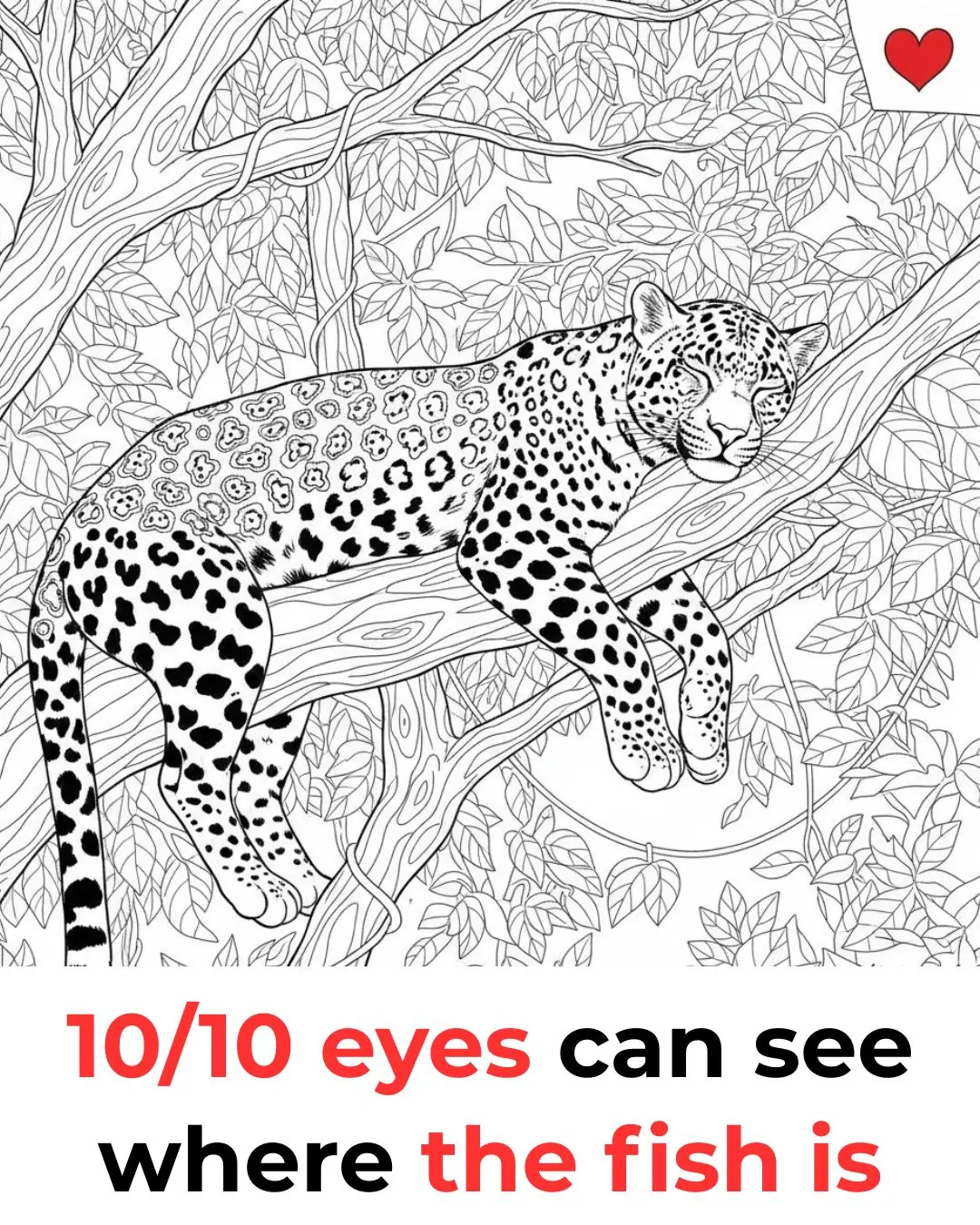
The Hidden Fish Puzzle That’s Stumping the Internet
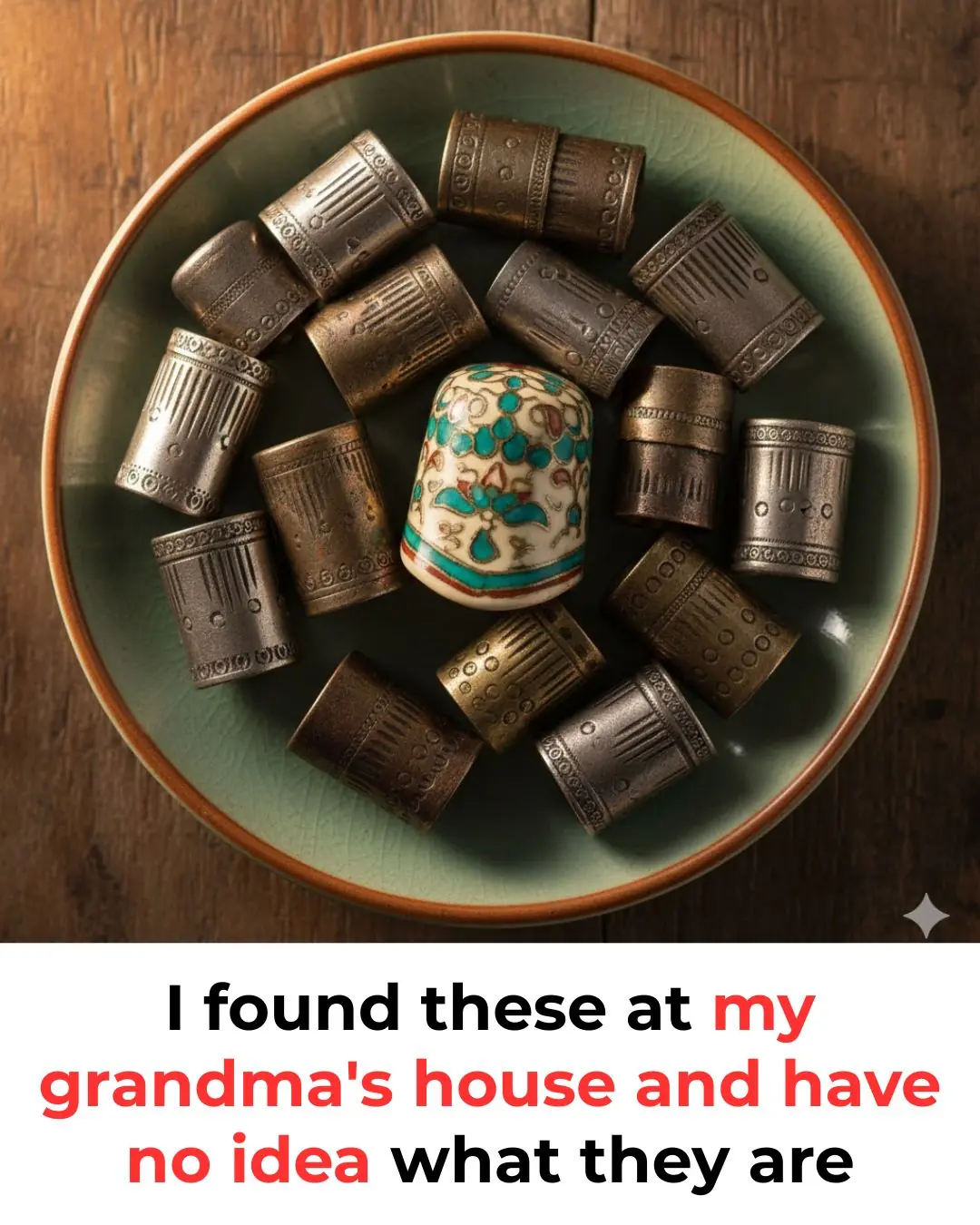
So this is what it does, here is the answer
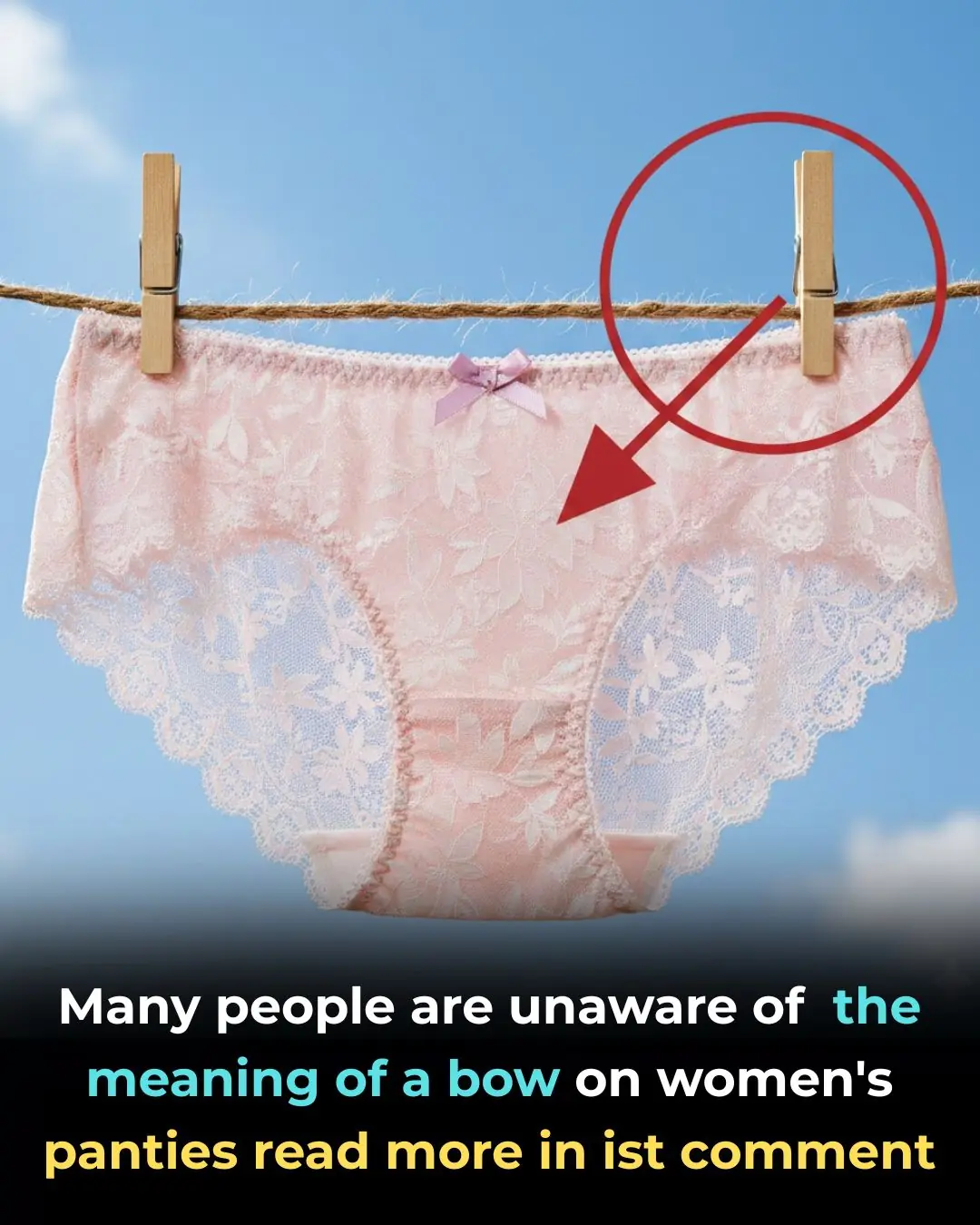
The Hidden Details in Women’s Underwear — And What They Really Mean

Experts reveal that eating bananas in the morning cause

Why Cutting Your Own Hair Is About More Than Just Saving Money

Why Are Tree Trunks Painted White

Penguins Reject Cheaper Fish as Japanese Aquarium Tries to Cut Costs

I Thought I Found Insect Eggs Under My Bed

Emirates Airlines: A Legacy of Unmatched Safety and Reliability in Aviation

Dragon Bravo Fire: Arizona's Megafire Threatens the Grand Canyon and Beyond

The zodiac signs with a supernatural sixth sense… See now

Mussel Beds: New Zealand's Natural Solution for Ocean Health and Sustainability

Understanding Anemia: More Than Just Fatigue and Weakness
News Post

12 Early Warning Signs of Dementia You Shouldn’t Ignore

Bernie Sanders Has Called For A Four-Day, 32-Hour Working
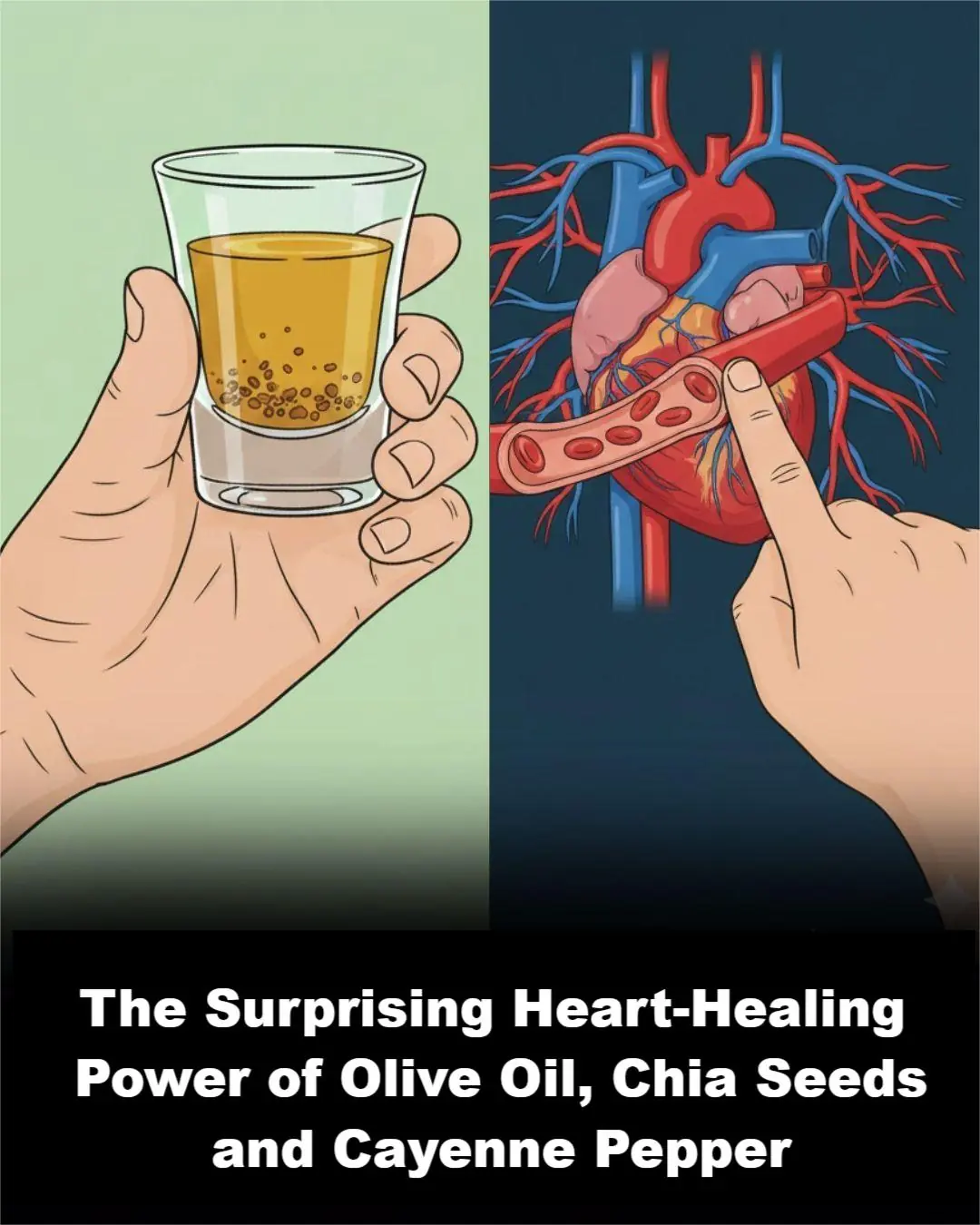
The Surprising Heart-Healing Power of Olive Oil, Chia Seeds, and Cayenne Pepper
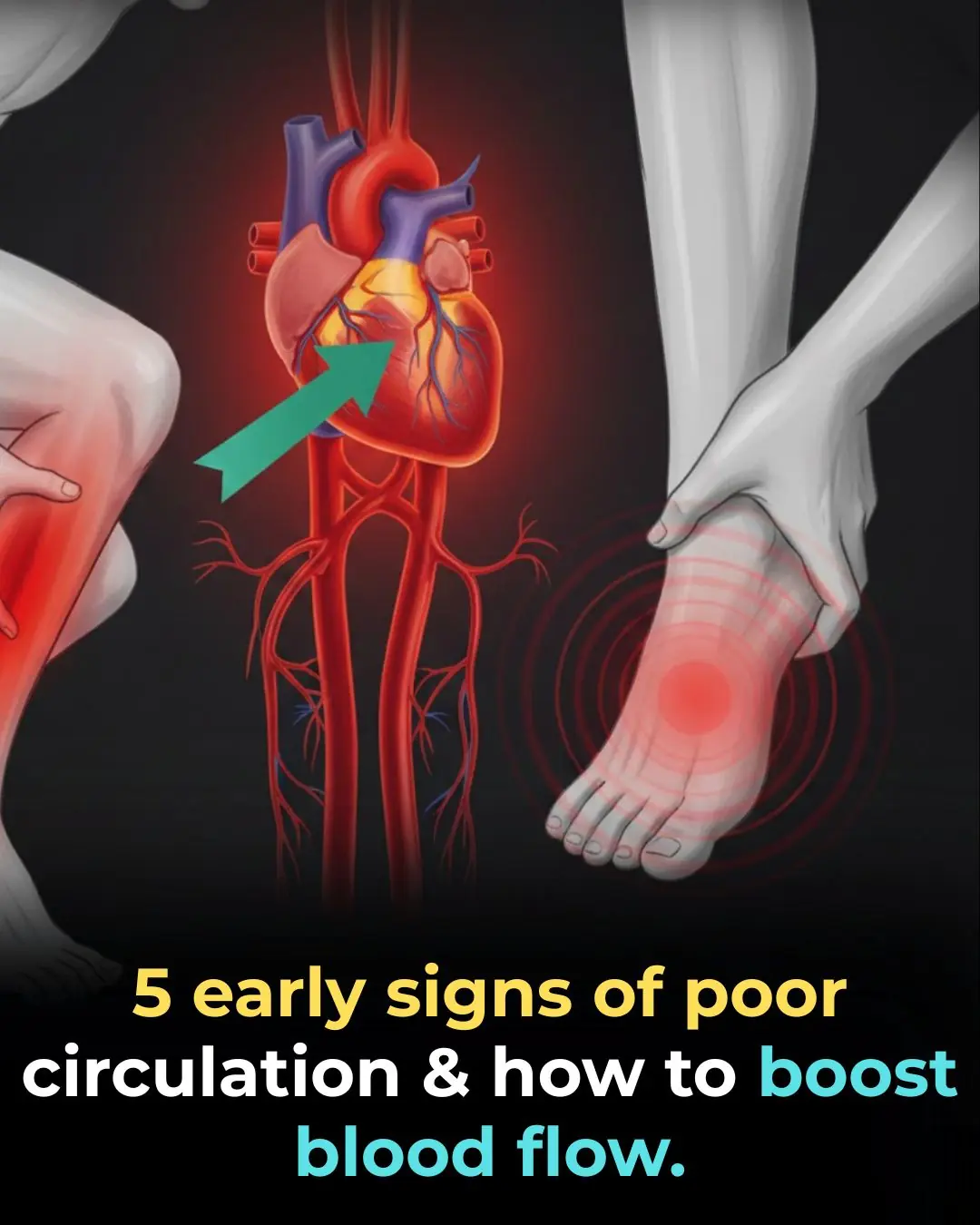
5 early signs of poor circulation & how to boost blood flow

How to Use Garlic to Get Rid of Pests: Mice, Flies, Lice, Cockroaches, Lizards, Mosquitoes, and Kitchen Cockroaches

5 early warning signs of pancreatic cancer, according to survivors

Drink this to STOP joint pain naturally

Top 6 Neuropathy Remedies (Peripheral Neuropathy Home Remedies)

10 daily habits that are silently destroying your kidneys

Pineapple Mango Ginger Lemon Juice: Benefits, Nutrition & How to Make It

Saffron boosts mood and libido naturally

How to Support Your Kidneys Naturally Using 1 Teaspoon of Baking Soda

Can a Honey–Chia Drink Support Kidney Health? Benefits, Recipe & Daily Tips

Euphorbia Hirta (Asthma-Plant): Traditional Uses, Applications & Emerging Insights

Nails: What Do They Reveal About Your Health
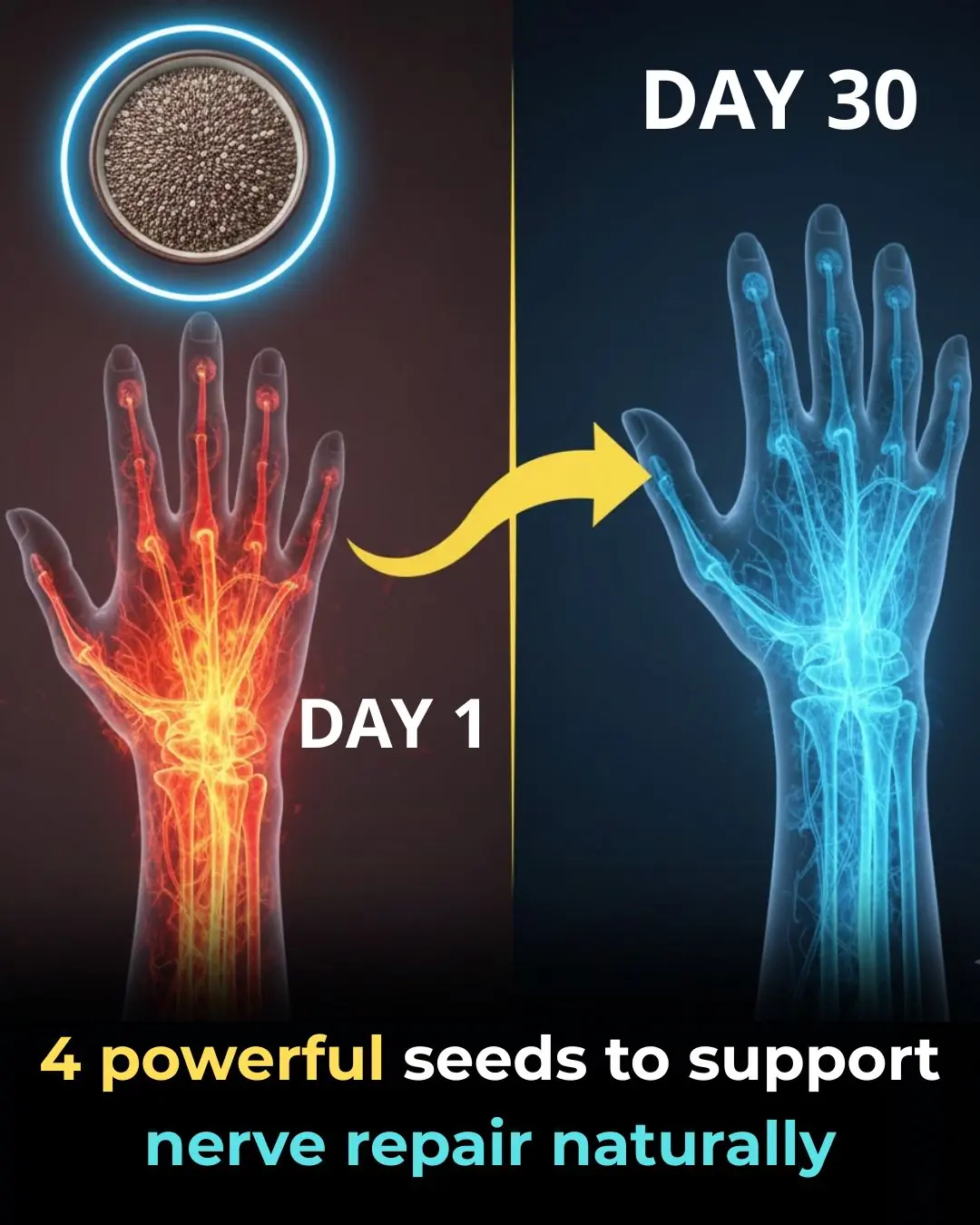
The surprising power of 4 seeds to repair your nerves naturally

Don’t Throw Away Date Seeds – Here’s Why They’re So Powerful

Avocado Seed: Cleanse Your Body and Strengthen Your Heart Naturally

Stop Shaving! Discover Natural & Long-Lasting Hair Removal for Face & Body
